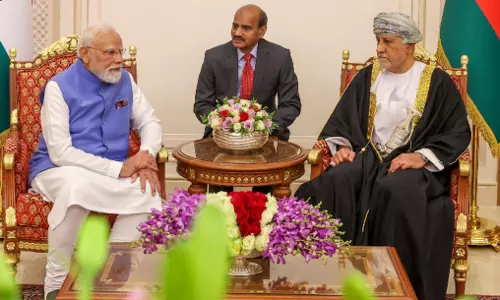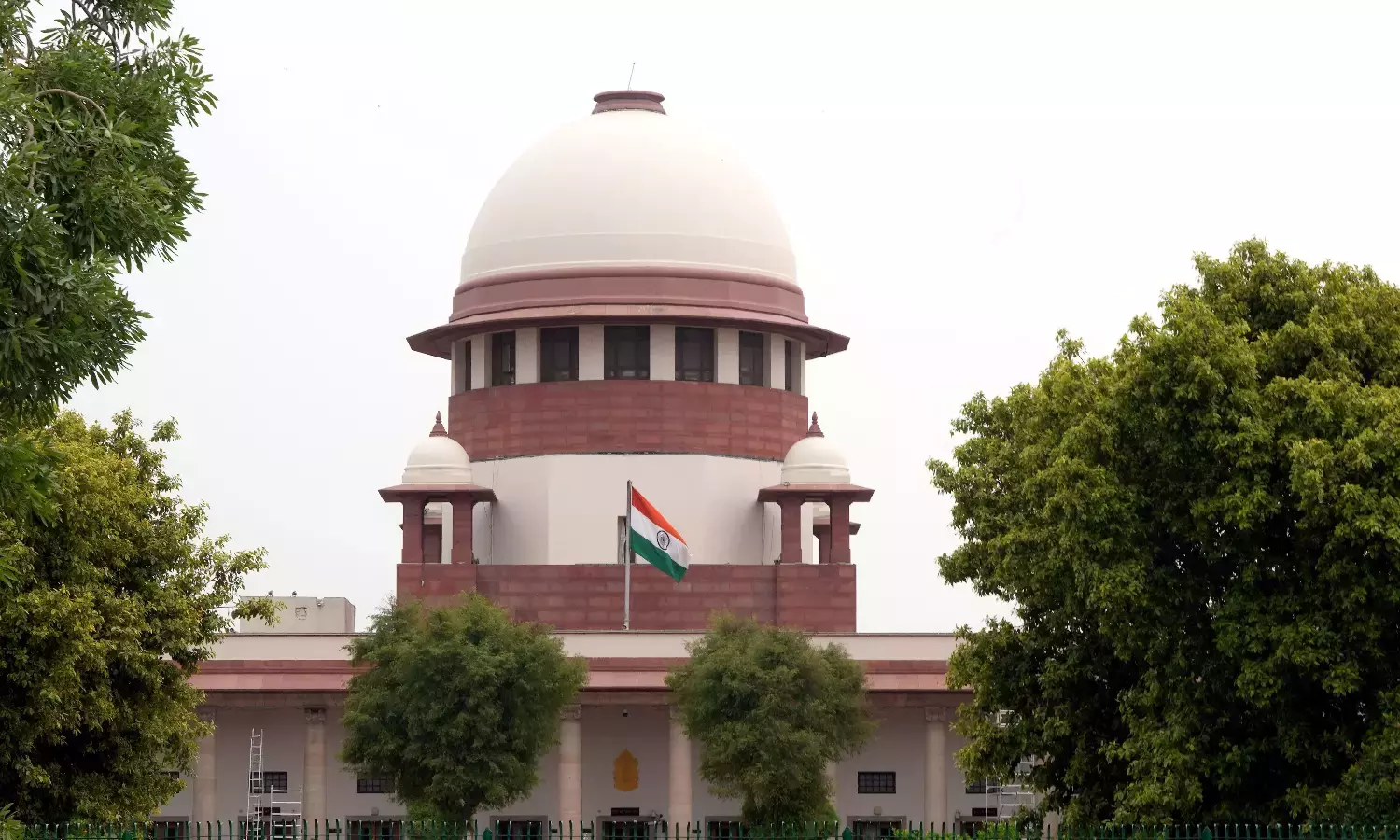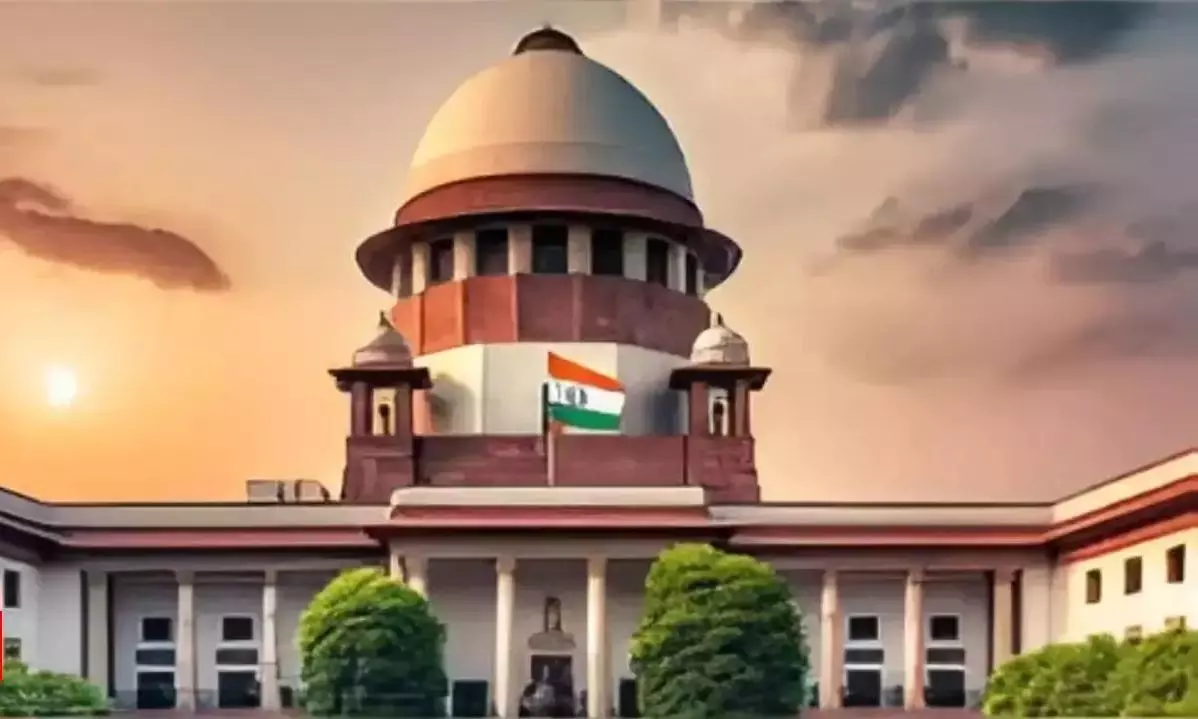
SC questions if President and Governors can face contempt over delay in clearing bills
text_fieldsThe Supreme Court on Tuesday asked whether the President and Governors could be held in contempt of court if they failed to act on bills within a stipulated timeframe, and during the hearing, three of the five judges orally observed that Governors could not indefinitely delay decisions on bills presented for assent as they stressed that the functioning of the legislature and the Constitution should not be impeded by executive inaction.
A five-judge bench headed by Chief Justice of India BR Gavai and comprising Justices Surya Kant, Vikram Nath, PS Narasimha and AS Chandurkar was examining the matter after a two-judge bench in April had imposed a three-month deadline for constitutional authorities to decide on bills, a direction that followed Tamil Nadu’s petition against the Governor’s prolonged inaction.
The bench also raised concerns about the constitutional implications of imposing strict timelines, since Articles 200 and 201 provide no fixed period for action and only state that bills be returned as soon as possible.
Senior advocates Abhishek Manu Singhvi and P Wilson, appearing for Tamil Nadu, argued that the absence of timelines has encouraged Governors to sit over bills indefinitely, which they said was contrary to the spirit of parliamentary democracy.
They urged the court to recognise that legislative processes require urgency and that constitutional offices must function with collaboration rather than confrontation, while Singhvi suggested that deemed assent could be an appropriate consequence when deadlines were not met. Senior advocate Kapil Sibal, representing West Bengal, stressed that constitutional authorities should not act as if they were above legislative will.
The bench, however, indicated that while individual cases of delay could be subject to judicial scrutiny, it could not lay down a general rule binding the President or Governors without effectively amending the Constitution.
Justice Vikram Nath noted that the court lacked the authority to prescribe a universal timeline in the absence of an explicit constitutional provision, and the judges observed that flexibility had been deliberately built into the constitutional framework.
As the arguments concluded on the sixth day of the hearing, the court reiterated that while undue delays were a serious concern, remedies must be sought on a case-by-case basis rather than through judicially imposed timelines. The Presidential Reference remains under consideration, with the bench weighing how constitutional authorities can be held accountable without altering the framework laid down in Articles 200 and 201.
























